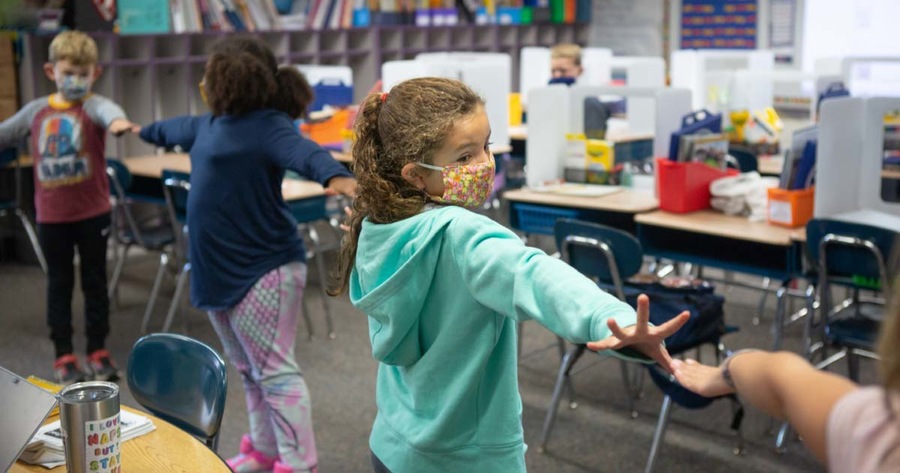Early Lessons from Schools and Out-of-School Time Programs Implementing Social and Emotional Learning offers early lessons for schools and out-of-school-time programs on how to carry out high-quality social and emotional learning instruction. The report presents findings from the first two years of the Partnerships for Social and Emotional Learning Initiative, a multiyear initiative funded by The Wallace Foundation that is exploring whether and how children can benefit from partnerships between schools and OST programs focused on building social and emotional skills. The report, which focused on the six PSELI communities, is designed to be useful to those carrying out SEL instruction in schools, out-of-school-time programs (or both).
According to the report, SEL has been a growing priority among educators and education policymakers. In the wake of the COVID-19 pandemic, that priority continues to increase, especially when it comes to addressing the social and emotional well-being of students who experienced anxiety, trauma and loss of connections with peers and adults. Benefits from the implementation of SEL practices abound, from improvement of student behavior and academic achievement to long-term educational success, and more.
The report stresses that although SEL has become nearly ubiquitous in schools and OST programs across the U.S. in recent years, there is insufficient research on how to implement it effectively. However, the National Commission on Social, Emotional, and Academic Development identifies the following three essential elements for supporting SEL:
1. Establishing safe, relationship-based, and equitable learning environments.
2. Teaching and practicing social, emotional, and cognitive skills.
3. Embedding social, emotional, and cognitive skills into academic learning.
Within the report are descriptors for each of these three essential elements, in addition to details about what the field currently knows about successfully implementing SEL:
- Schools and OST programs should have a clearly defined vision and set of goals for the implementation of SEL practices and programs.
- School and OST leaders should establish monitoring and data-collection practices that allow educators to track progress toward reaching those goals.
- Building staff capacity is crucial for ensuring that adults have the knowledge, skills, and beliefs that they will need to promote SEL.
- Well-trained staff may be better prepared to differentiate SEL instruction.
- Although educators play a critical role in the implementation of SEL programs, research and theory consistently suggest that effective OST program and school-based SEL efforts will include active partnerships with families and the community at large.
This first PSELI report goes on to focus on the lived experiences of the communities studied as they implemented new SEL practices and programs.
To view the report in its entirety, click here.
Courtesy of NAA.
Photo courtesy of Allison Shelley for American Education: Images of Teachers and Students in Action.




